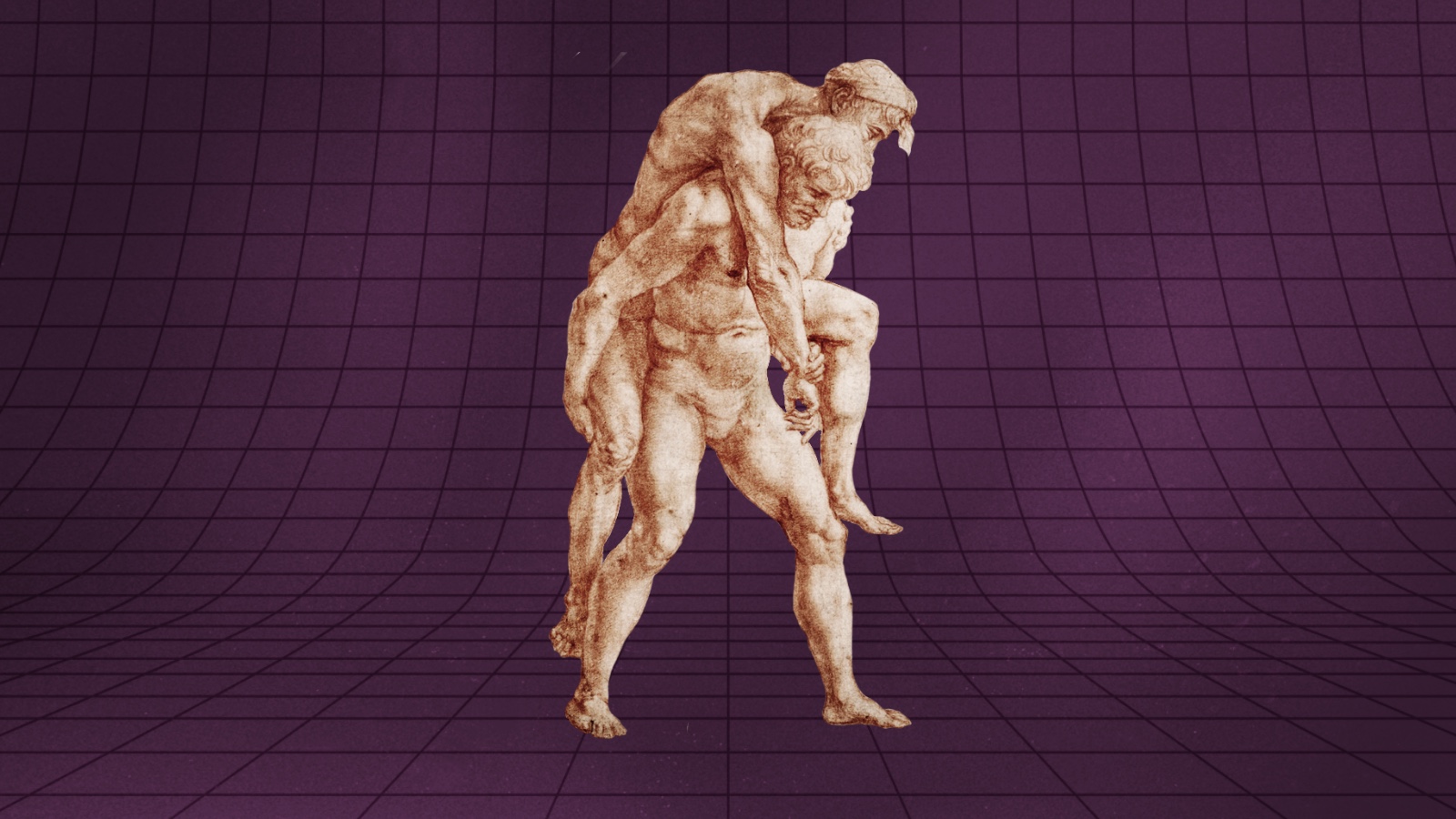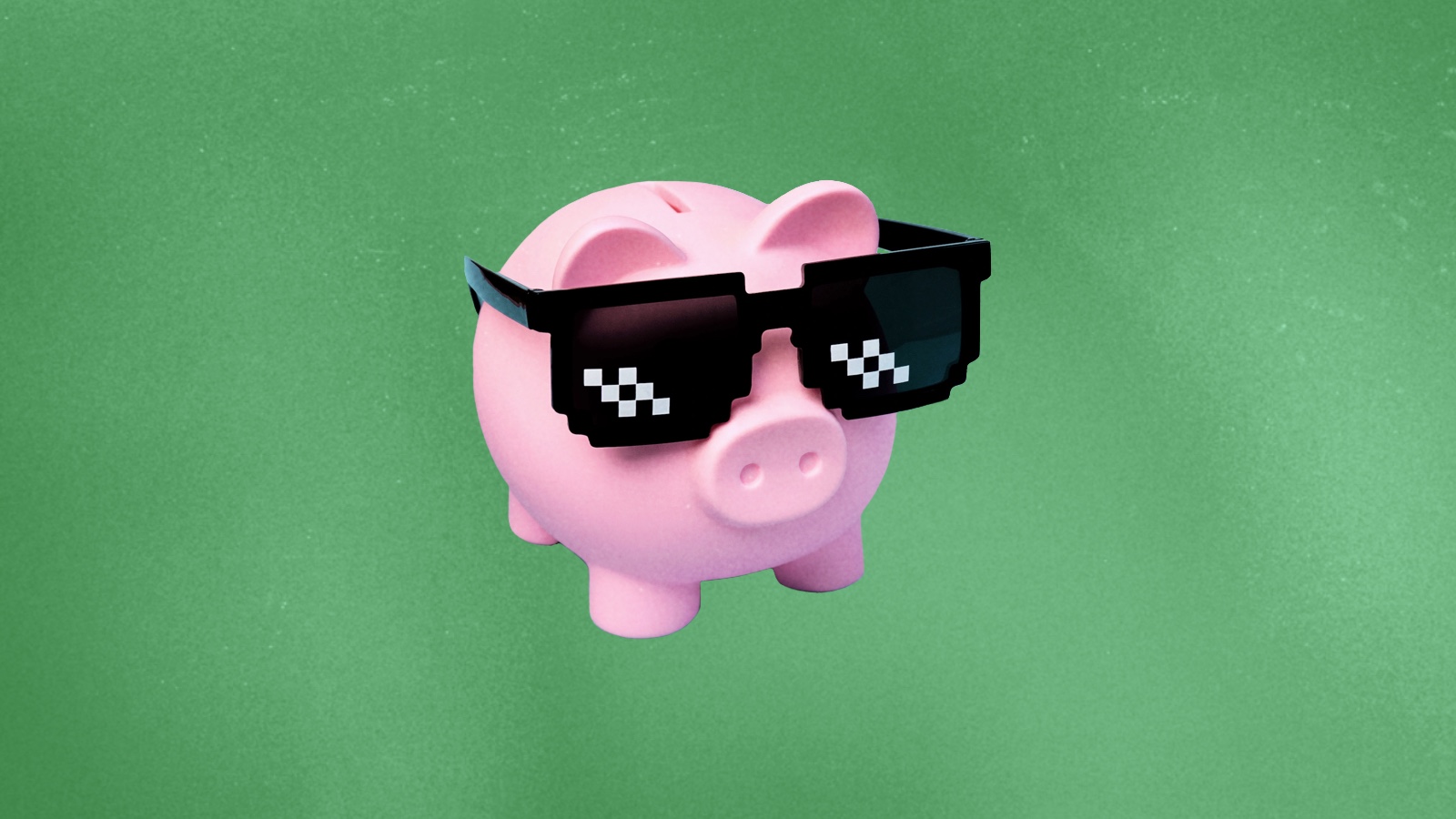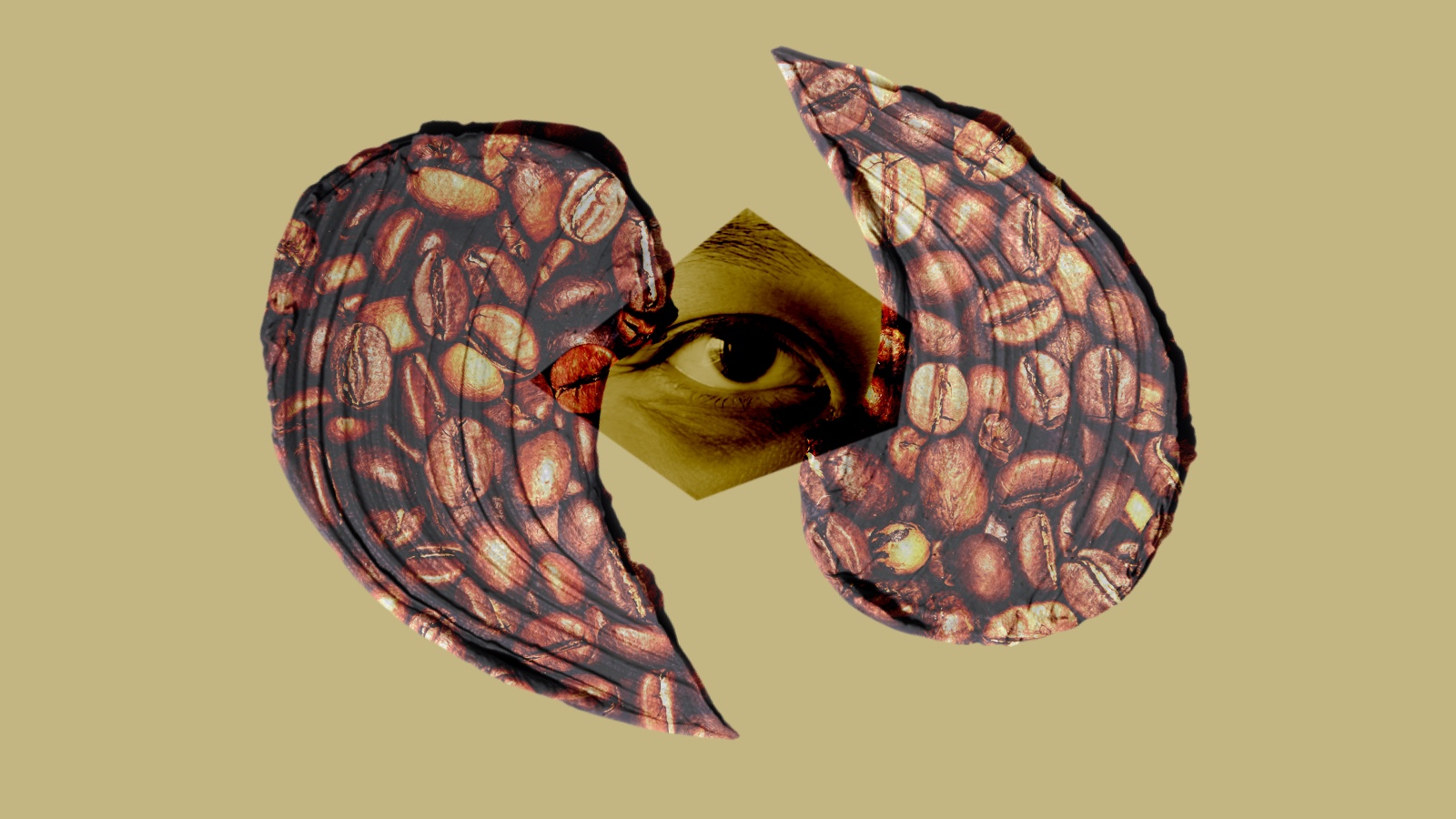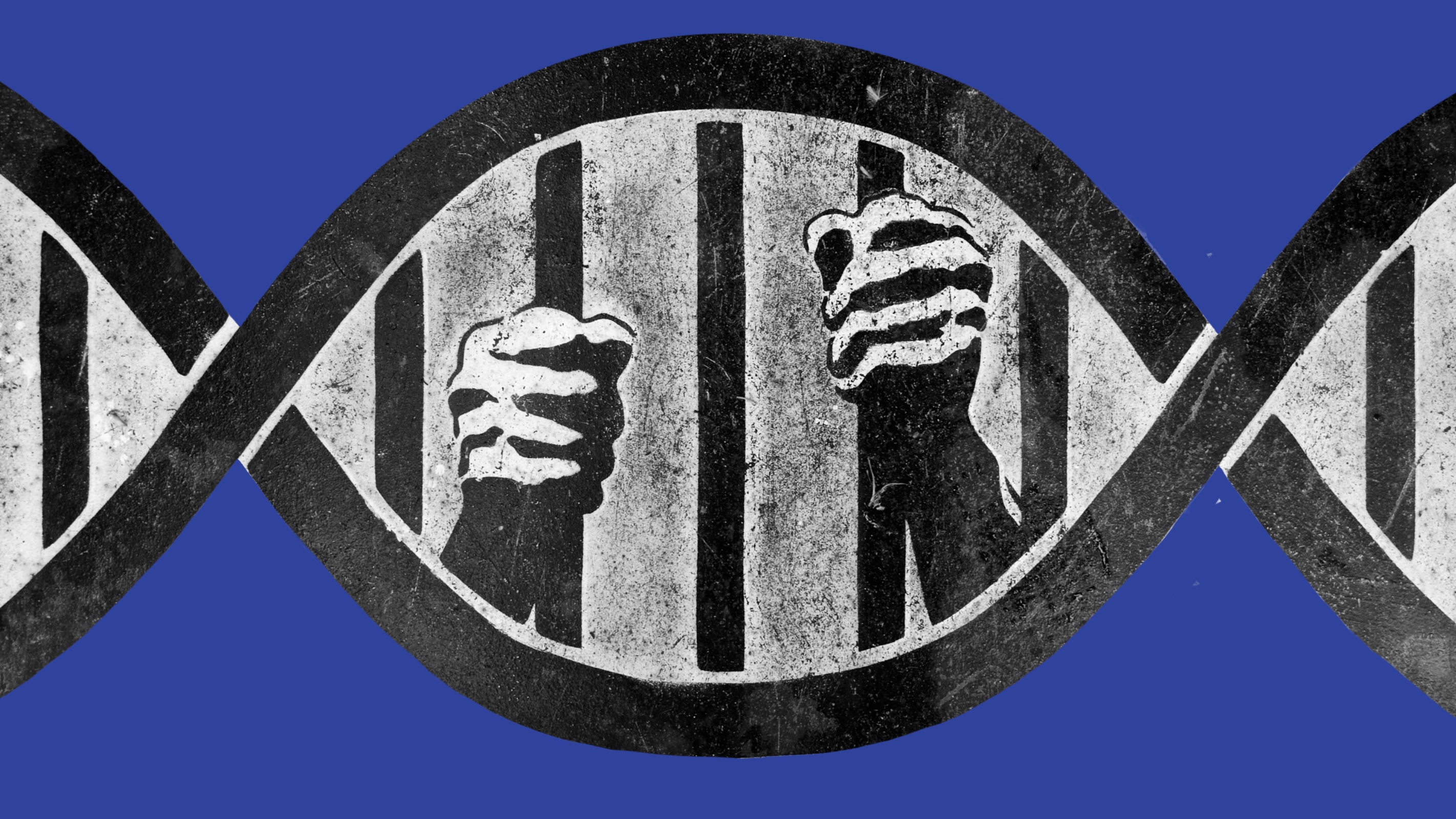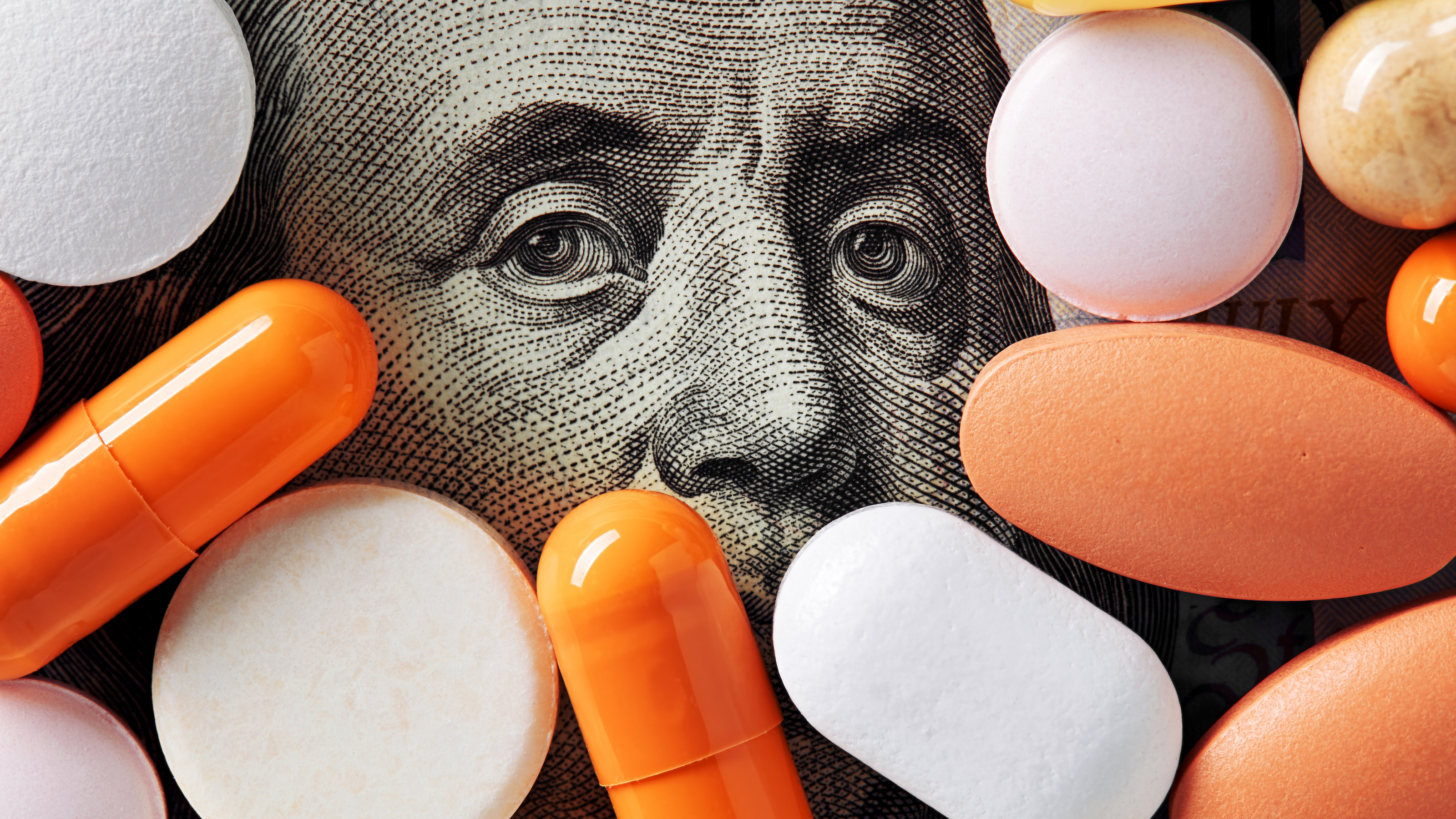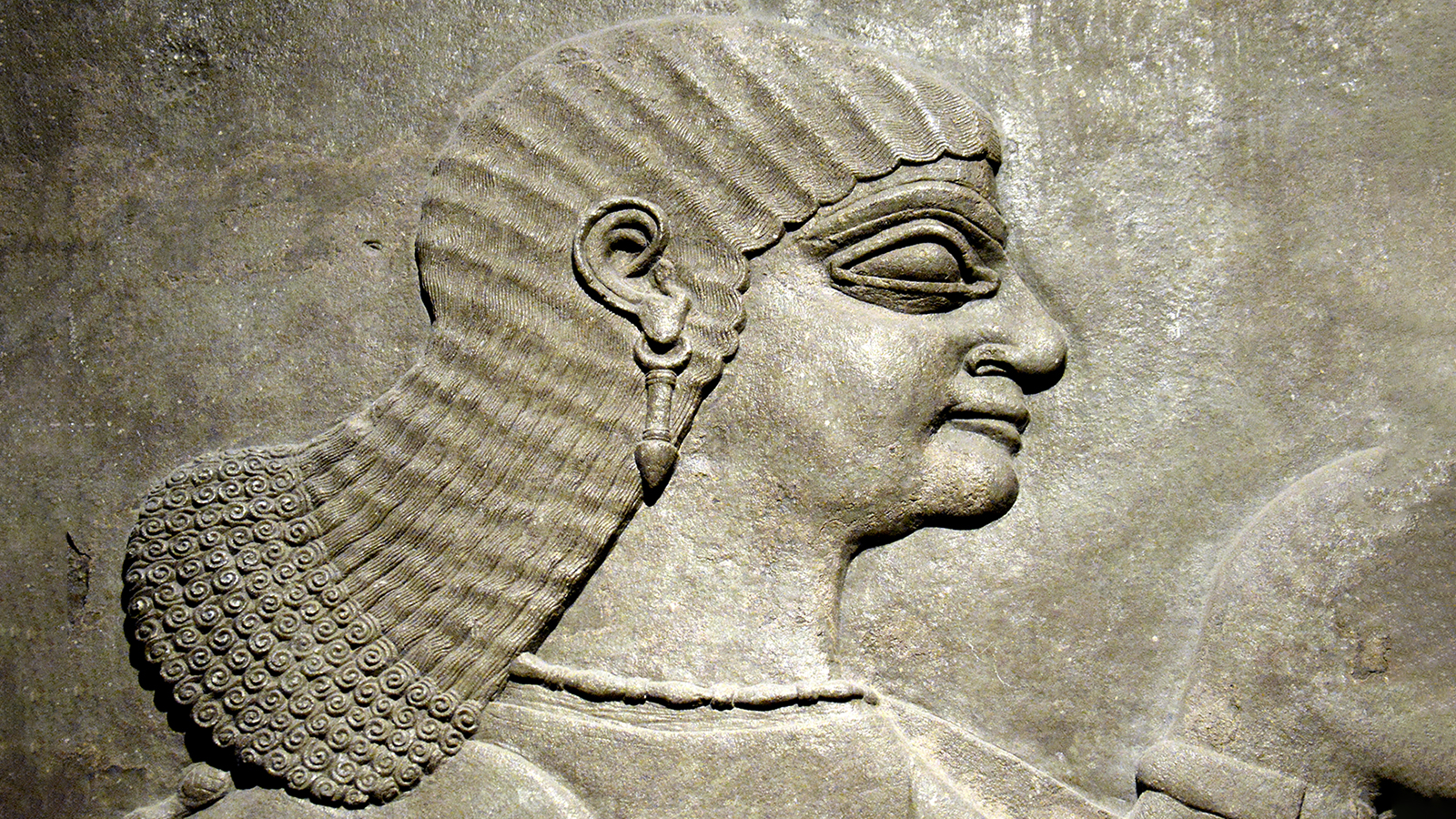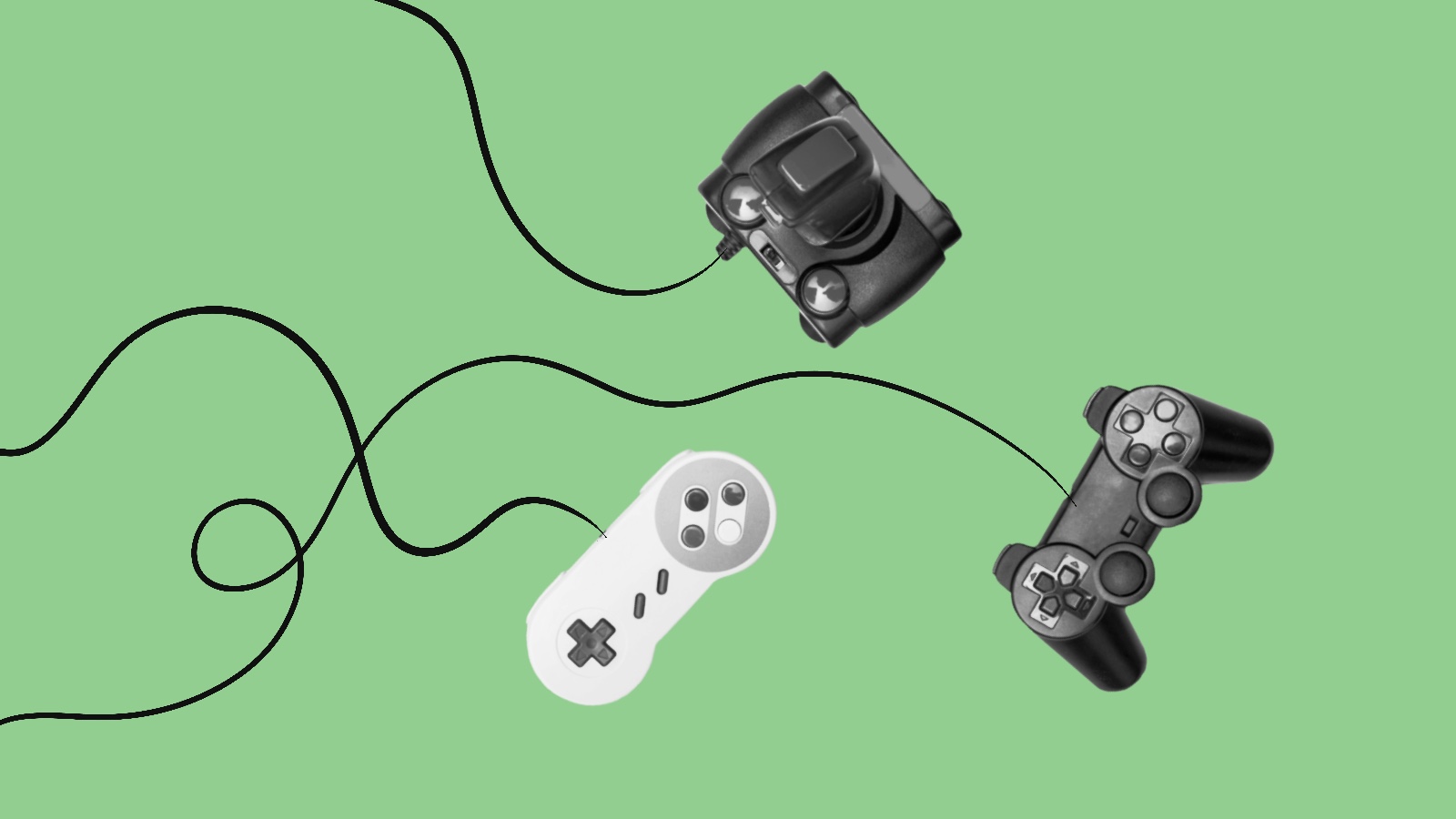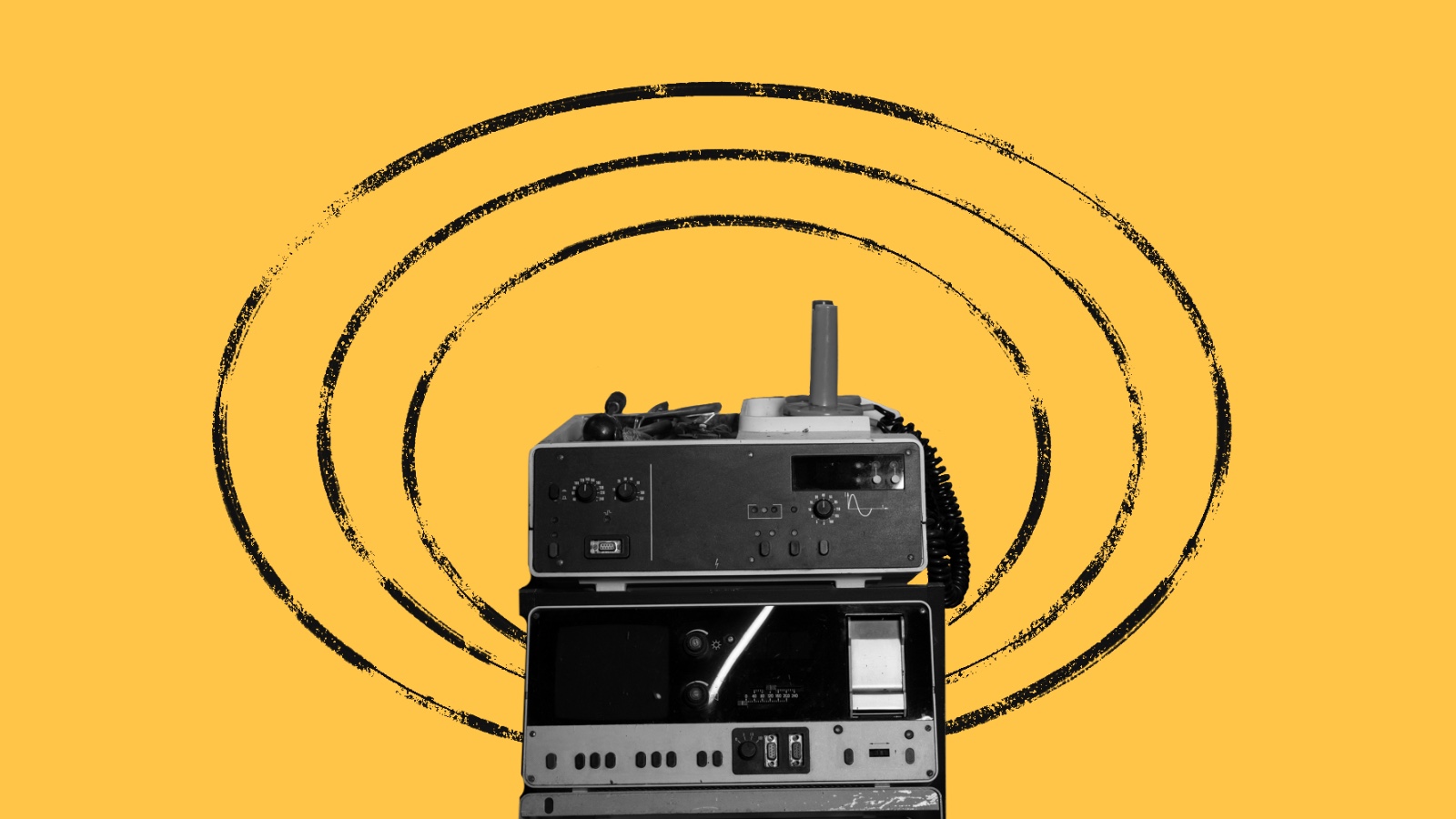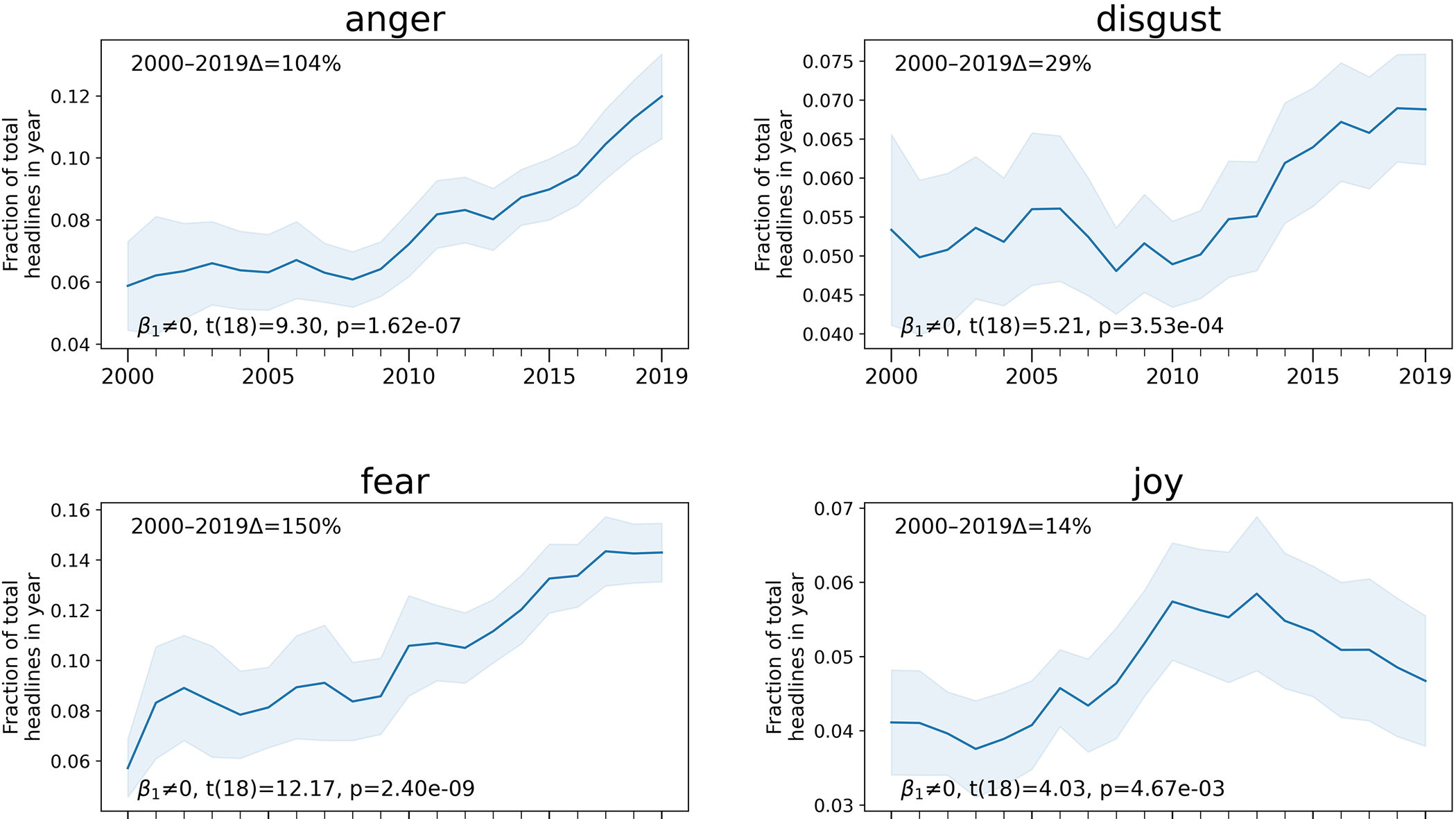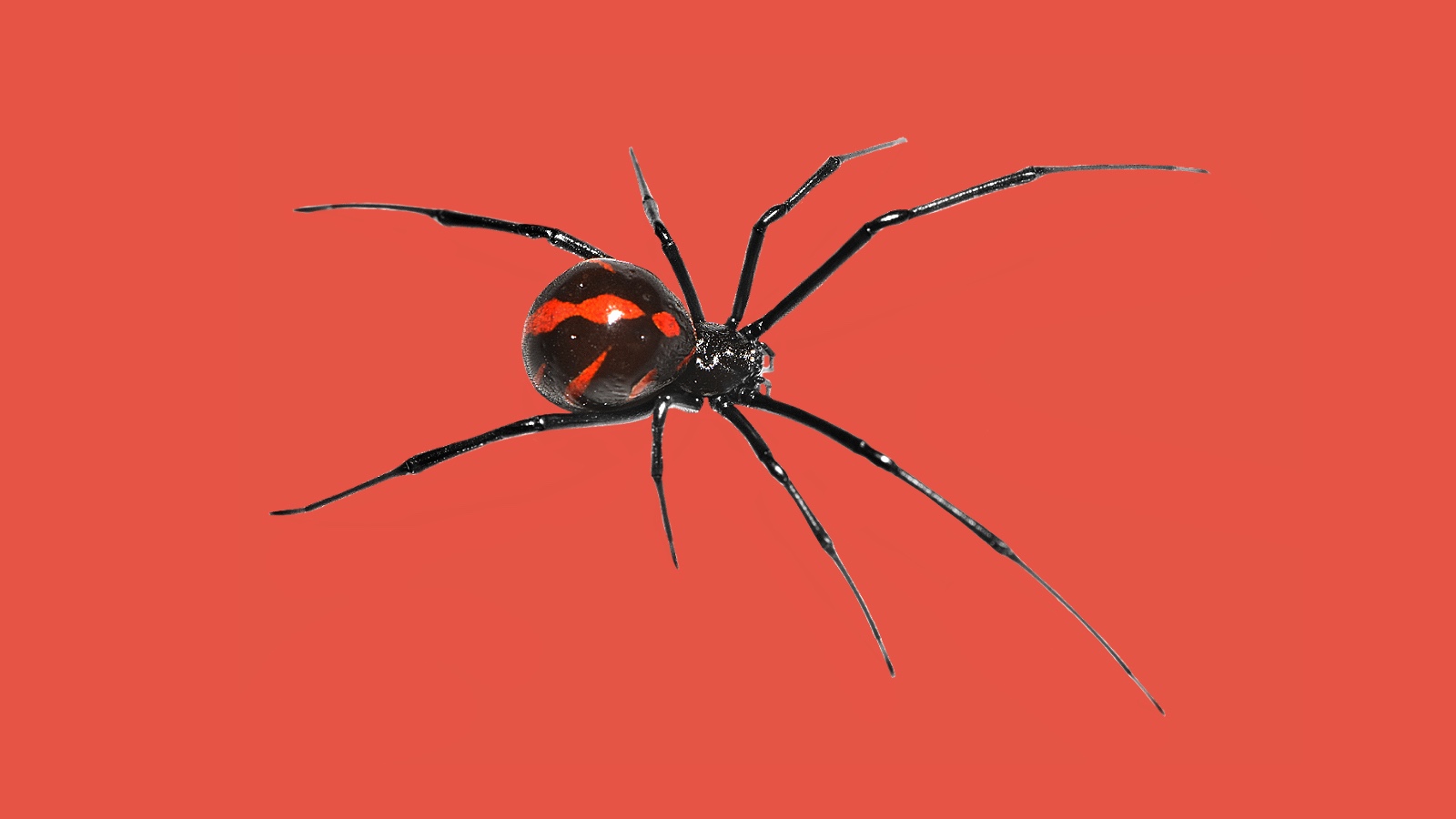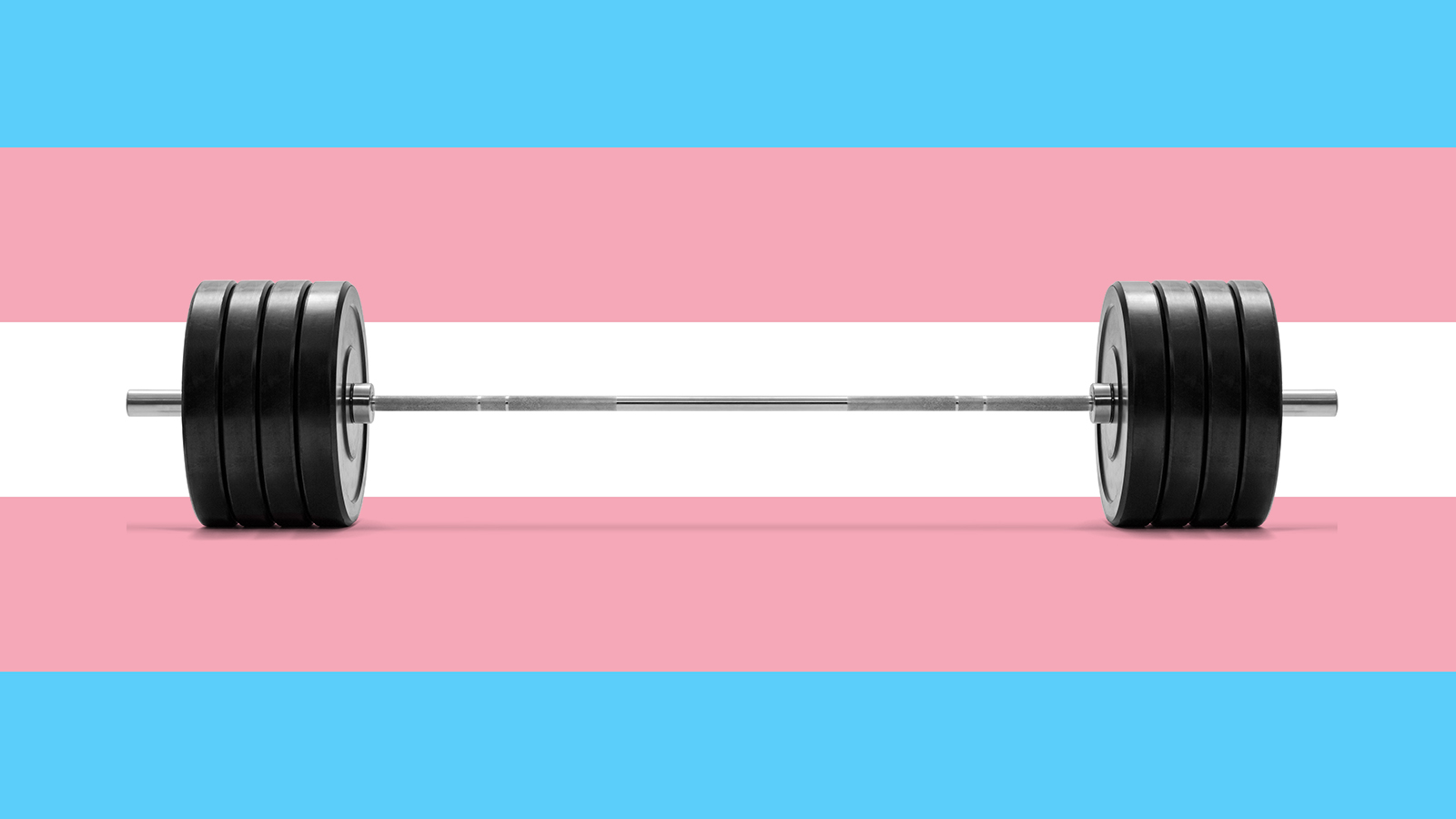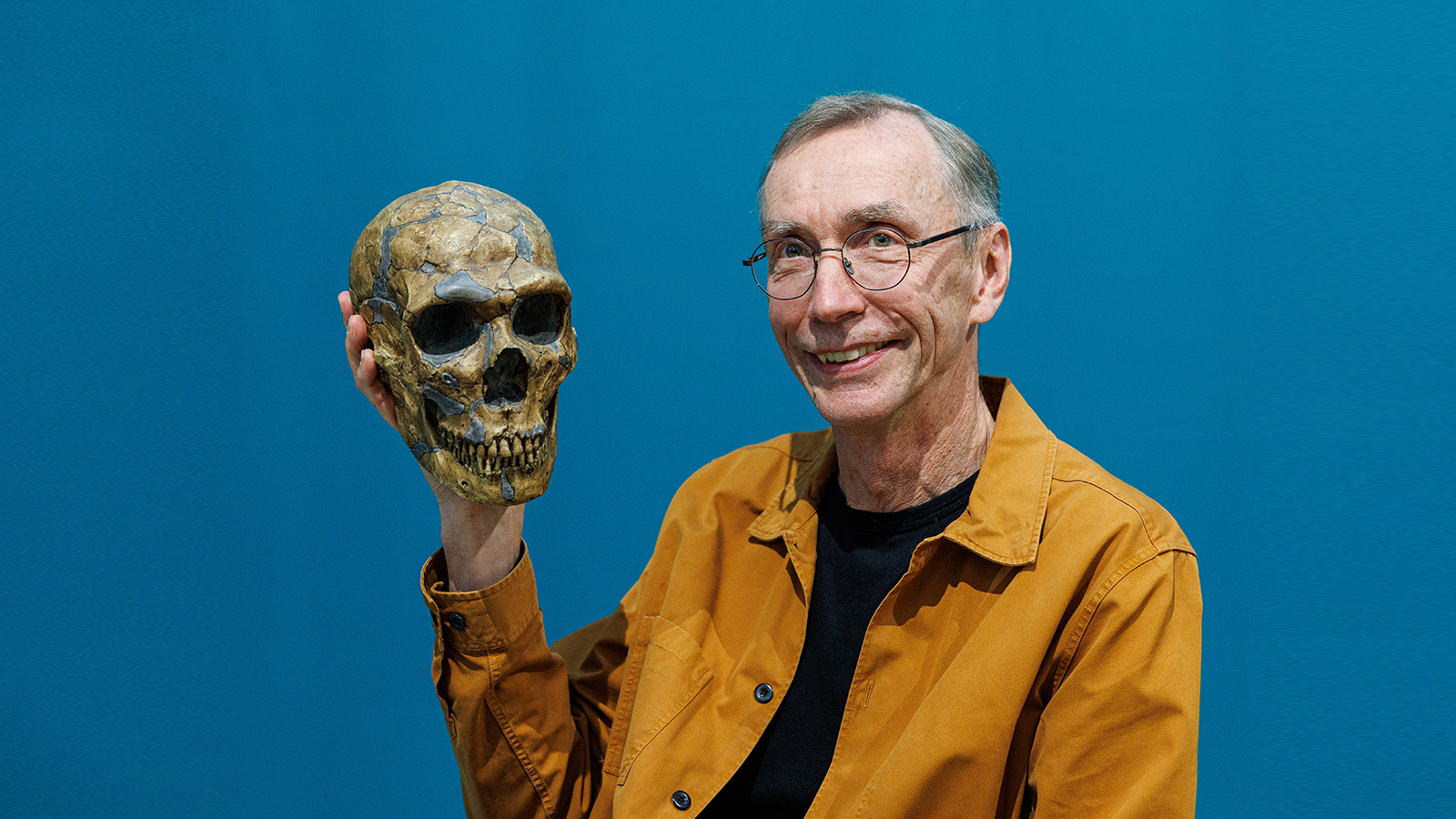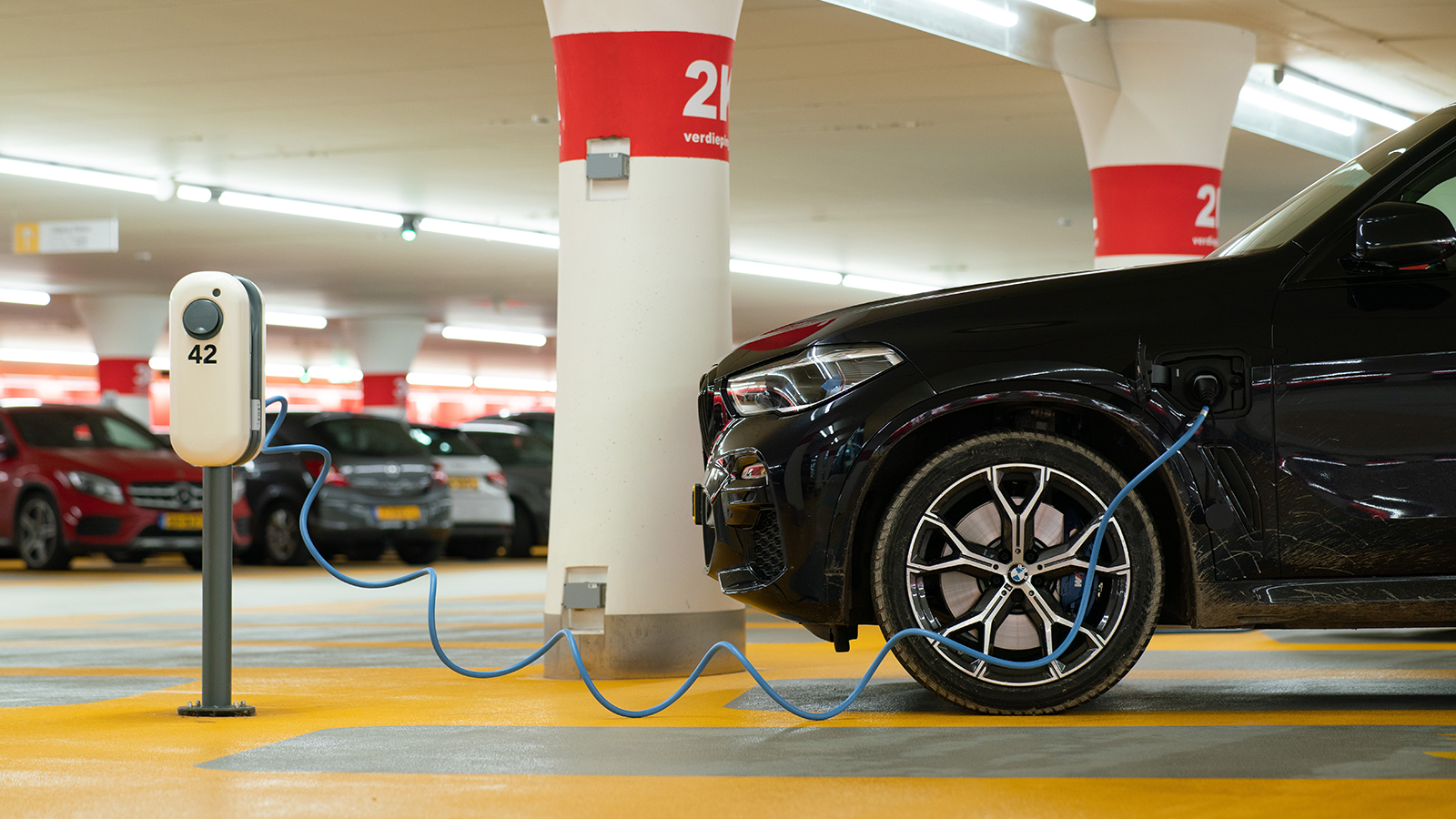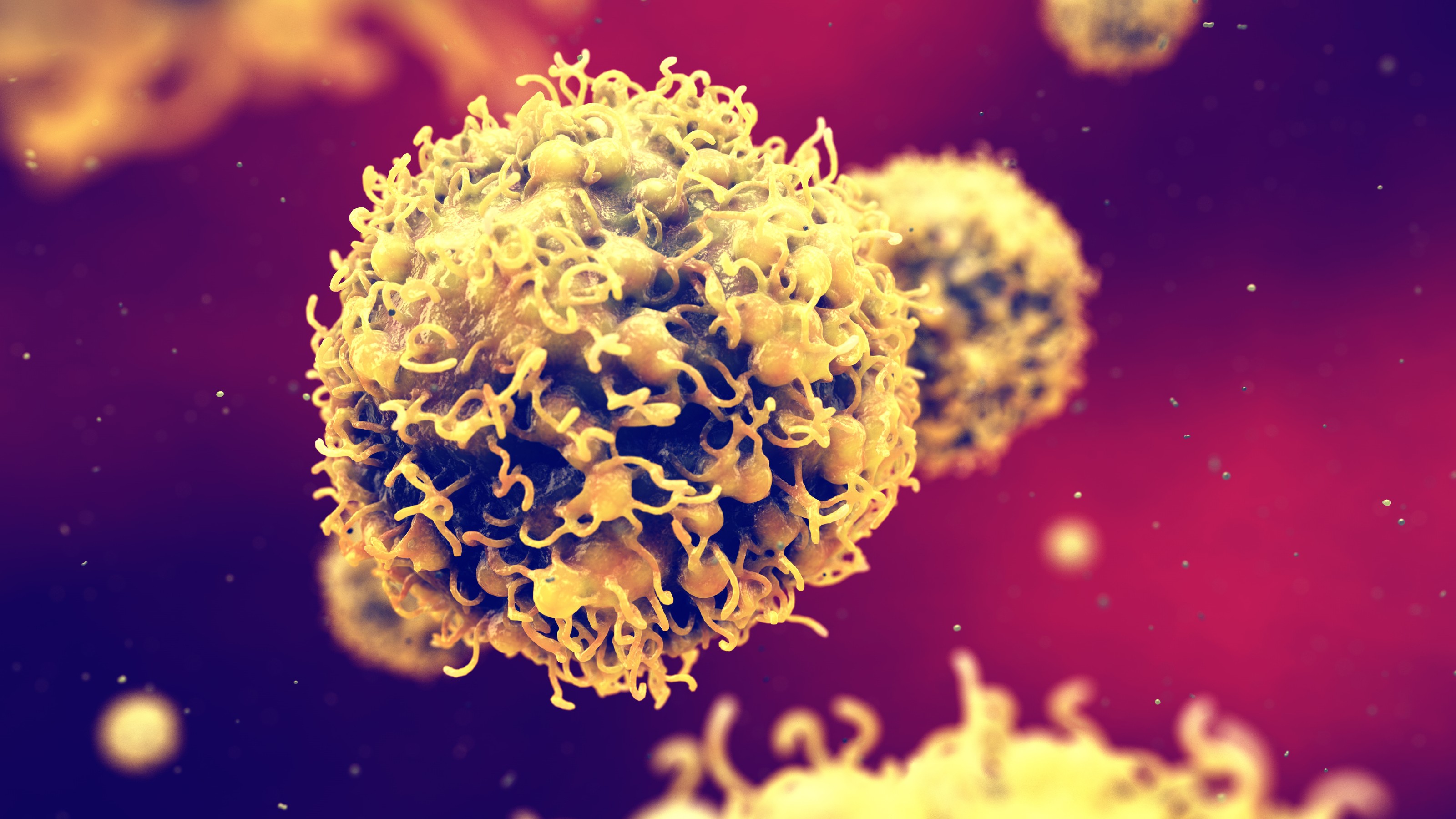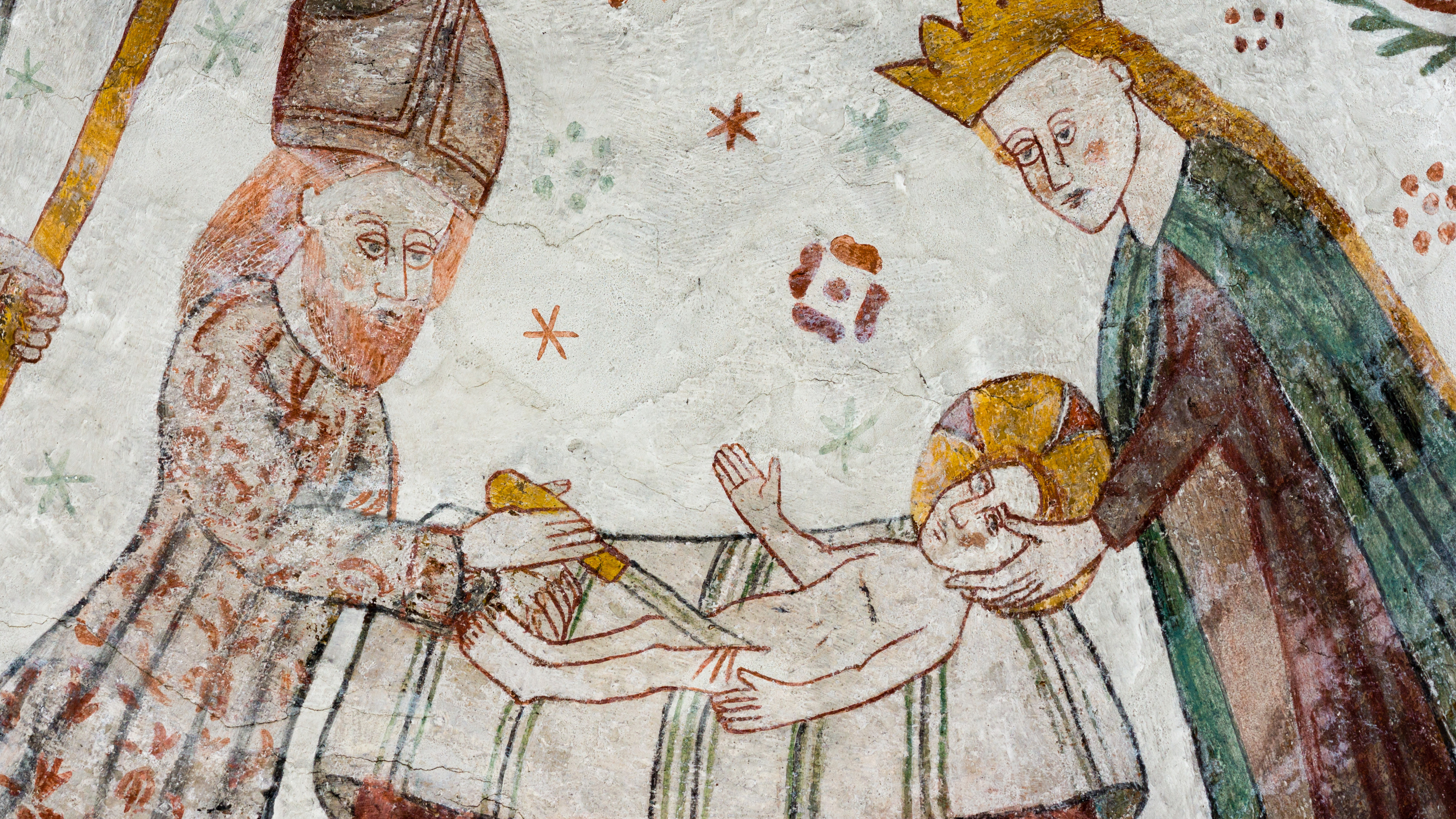Ross Pomeroy
Editor, RealClearScience
Steven Ross Pomeroy is the editor of RealClearScience. As a writer, Ross believes that his greatest assets are his insatiable curiosity and his ceaseless love for learning. Follow him on Twitter @SteRoPo.

Becoming less physically active as you get older is not inevitable.
Caffeine does something, but it’s not clear exactly what.
Is science for everyone, or just the morally upright?
If everyone just showed up to their appointments, $150 billion of waste could be averted.
Years of shoddy research have overstated the risk.
They believe in meritocracy, yet leave their kids massive wealth.
Paradoxically, some do it for erotic reasons.
Bathybius haeckelii was briefly thought to be the link between inorganic matter and organic life.
It’s time for Tetris.
A long-maligned treatment outperforms the trendy one.
The media is deliberately pushing your buttons.
Even after a decade of hormone therapy, trans women are stronger and faster than cis women.
Venerated astrophysicist Carl Sagan entertained the possibility.
There were many other species of human on the planet. Svante Pääbo discovered one of them.
People living in non-industrialized societies don’t get pimples.
Most electric car charging is done at night. A grid powered mostly by renewable energy might not be able to meet demand, but there is a solution.
“We are what our bodies do with what we eat.”
Certain cancers are striking earlier than they used to.
“Our risk-benefit analysis showed that benefits exceeded procedural risks… by up to 200 to 1.”
Only have sex with a person you love — a novel concept!
Living at a higher elevation is a double-edged sword.
Athletes often use creatine to boost performance and aid muscle recovery. Accumulating evidence suggests it could also help with depression.
Imagine Flipper trained in the art of espionage.
If your computer crashes, it might be due to a star that exploded somewhere in the Universe millions of years ago.
We’re overthinking being nice.
People who rate themselves as highly knowledgeable about cats are more likely to interact with cats in ways they don’t like.
